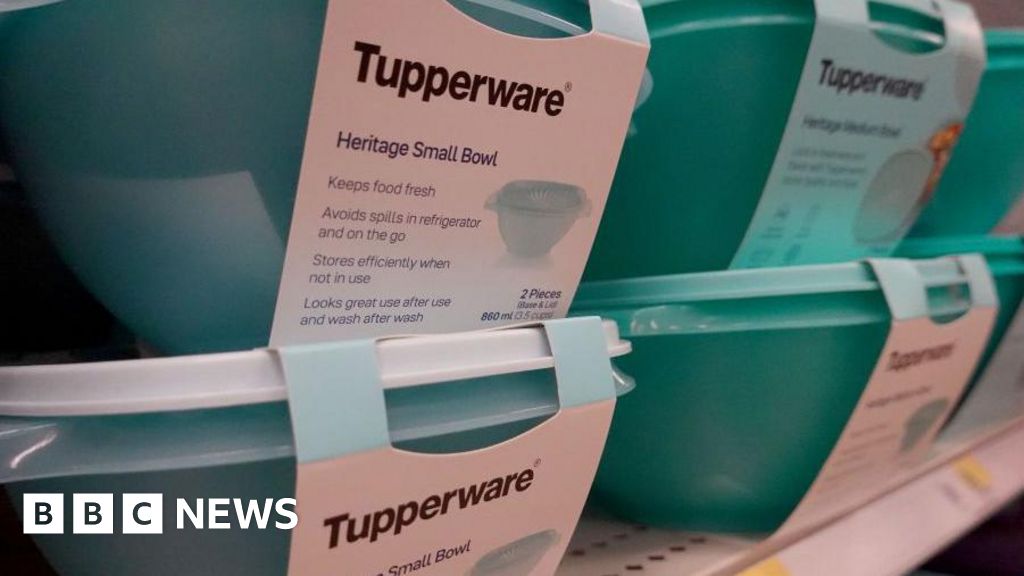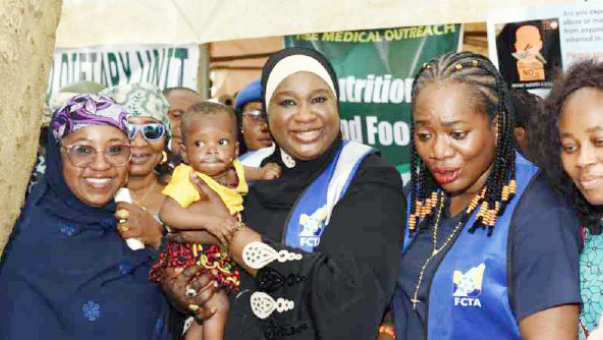I spend lunch pondering why a certain type of Nigerian thinks that our cultural experiences are valid only when we can render or express them in their English equivalents. Why should àkàrà be described as “bean cake”, for example? And must àgbálùmó have an English name, even when the terroir in the United Kingdom could never support its cultivation? Fela Anikulapo Kuti was sure what this is. “Colonial mentality” is what happens when a people’s experience of colonialism is so harrowing that it becomes the prism for interrogating and subsequently validating all preexisting forms of consciousness.
I am not sure which aspect of this workday ritual is most off-putting. It is lunchtime anyway, and I am in a queue at what is essentially a “mama put” in the central business district on Lagos Island. The neckties, starched white shirts, and carefully coiffed hair are a dead giveaway. In midday heat, even the best colognes have started succumbing to the sweat-sour stink of perspiration. The patrons at this “joint” are either some of the most exotic you could find in any one location in Nigeria or some of the most determined contenders for that exoticism. In the verbal exchanges that I listen in on, there is a riot of deodorised accents — crosses between Peckham (UK) and Oshodi (Lagos, Nigeria), and Queens (NY, US) and Molete (Ibadan, Nigeria). Finally, there are the orders.
The bloke, one person removed from me on the queue, orders two portions of “yam porridge”. He is served. The one behind him, the one immediately before me that is, orders three portions of “yam pottage”. It is my turn, and, honestly, the àsáró looked as good as the aroma wafting from the huge pot felt. Awkwardly, there is no definition of “porridge” (“a soft food made by boiling meal of grains or legumes in milk or water until thick”) or “pottage” (“a thick soup of vegetables and often meat”) that did the meal justice. So, I placed my order for three portions of àsáró.
I spend lunch pondering why a certain type of Nigerian thinks that our cultural experiences are valid only when we can render or express them in their English equivalents. Why should àkàrà be described as “bean cake”, for example? And must àgbálùmó have an English name, even when the terroir in the United Kingdom could never support its cultivation? Fela Anikulapo Kuti was sure what this is. “Colonial mentality” is what happens when a people’s experience of colonialism is so harrowing that it becomes the prism for interrogating and subsequently validating all preexisting forms of consciousness. On this argument, it is one reason a Nigerian workplace would send an email to its staff warning against speaking “vernacular” at work. “Vernacular”, in this reading, being any Nigerian language aside from English.
First, is that it simply prevents us from contributing cultural experiences native to us to the global cultural gene pool. The Mexicans offered the world “Tequila”, where Nigerians may have insisted on describing it as the “Blue Agave Gin.” Down this path of repurposing cultural experiences, “akpeteshi”, “burukutu”, “pito”, etc. got stranded beneath the “illicit gin” rubric that our colonial masters crafted for them.
This latter reading is why I spent all of my primary school days convinced that vernaculars are inferior to standard English. Imagine my shock to learn, in Form Three in secondary school, that a “vernacular” is “a language or dialect native to a region or country rather than a literary, cultured, or foreign language.” By then, the English language, for me, was a vernacular. I brushed up on my Yoruba and Igbo immediately. The process of delegitimising that subordinates all local experiences to only those that can be expressed in English has several ramifications — none of which is beneficial to an economy desperately searching for growth and development opportunities.
First, is that it simply prevents us from contributing cultural experiences native to us to the global cultural gene pool. The Mexicans offered the world “Tequila”, where Nigerians may have insisted on describing it as the “Blue Agave Gin.” Down this path of repurposing cultural experiences, “akpeteshi”, “burukutu”, “pito”, etc. got stranded beneath the “illicit gin” rubric that our colonial masters crafted for them. Is there a material difference between “goulash” and “ragout” as culinary experiences? Or are they but Hungarian and French ways of describing the same experience? It really does not matter any which way. They are all English words, today.
In truth, though, we continue to contribute to humanity’s collective experiences. But because these experiences are absorbed despite our best efforts, they are necessarily all negative: “Yahoo Boys”, “Japa”, “419-ers”, etc. Yet, our chances of contributing positively to the global cultural gene pool is circumscribed each time we insist on expressing ourselves through tunnel-visioned prisms.
Second, we cannot be a tourist destination, if we have no new experiences to offer those whom we would want to come here on vacation. This latter part is easily explained by the fact that the Nigerian on vacation either travels with ample supply of foodstuff from home, or while abroad only seeks out Nigerian food outlets. It would seem then that we are not tourists in the traditional sense — i.e. in the sense of seeking physical experiences more sophisticated than a walk through Liverpool Street in London, and spiritual experiences more inspiring than translating the prices on offer at retail outlets there from pound sterling into naira. Accordingly, we might not appreciate why tourists should come our way.
Nigerians need credible journalism. Help us report it.
Support journalism driven by facts, created by Nigerians for Nigerians. Our thorough, researched reporting relies on the support of readers like you.
Help us maintain free and accessible news for all with a small donation.
Every contribution guarantees that we can keep delivering important stories —no paywalls, just quality journalism.
In truth, though, we continue to contribute to humanity’s collective experiences. But because these experiences are absorbed despite our best efforts, they are necessarily all negative: “Yahoo Boys”, “Japa”, “419-ers”, etc. Yet, our chances of contributing positively to the global cultural gene pool is circumscribed each time we insist on expressing ourselves through tunnel-visioned prisms.
Uddin Ifeanyi, journalist manqué and retired civil servant, can be reached @IfeanyiUddin.
Support PREMIUM TIMES' journalism of integrity and credibility
At Premium Times, we firmly believe in the importance of high-quality journalism. Recognizing that not everyone can afford costly news subscriptions, we are dedicated to delivering meticulously researched, fact-checked news that remains freely accessible to all.
Whether you turn to Premium Times for daily updates, in-depth investigations into pressing national issues, or entertaining trending stories, we value your readership.
It’s essential to acknowledge that news production incurs expenses, and we take pride in never placing our stories behind a prohibitive paywall.
Would you consider supporting us with a modest contribution on a monthly basis to help maintain our commitment to free, accessible news?
TEXT AD: Call Willie - +2348098788999




















 English (US) ·
English (US) ·